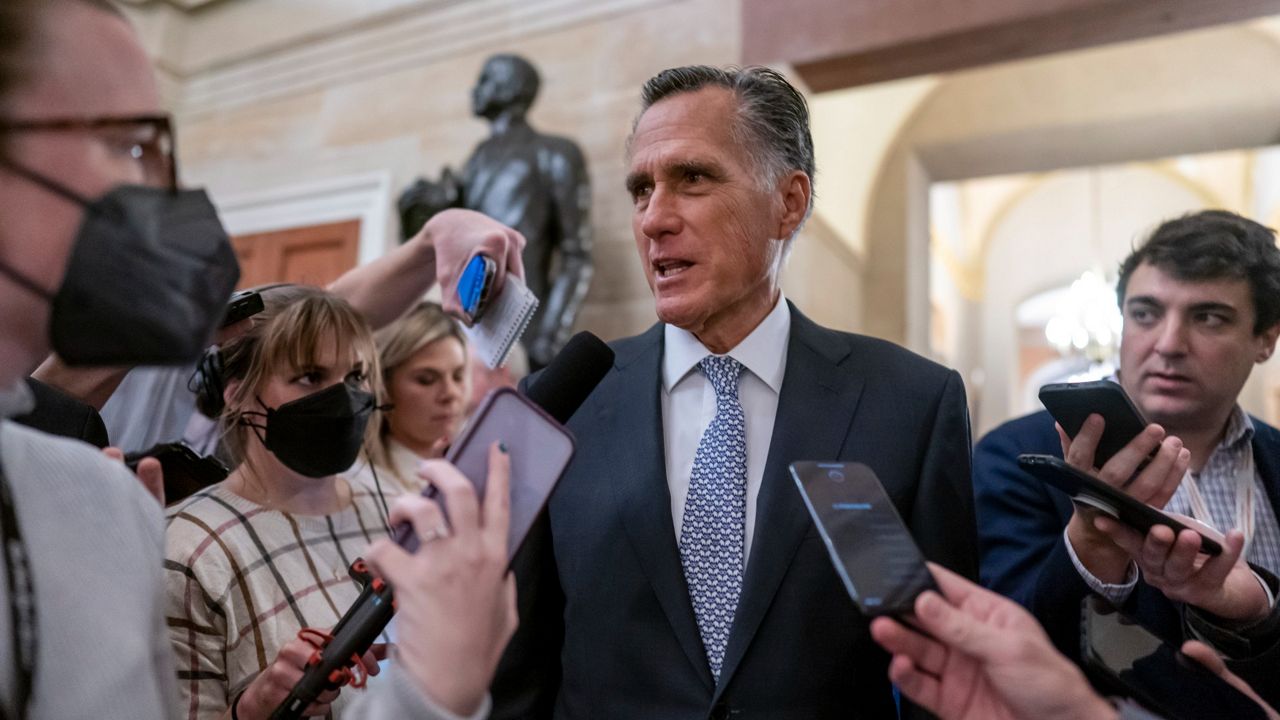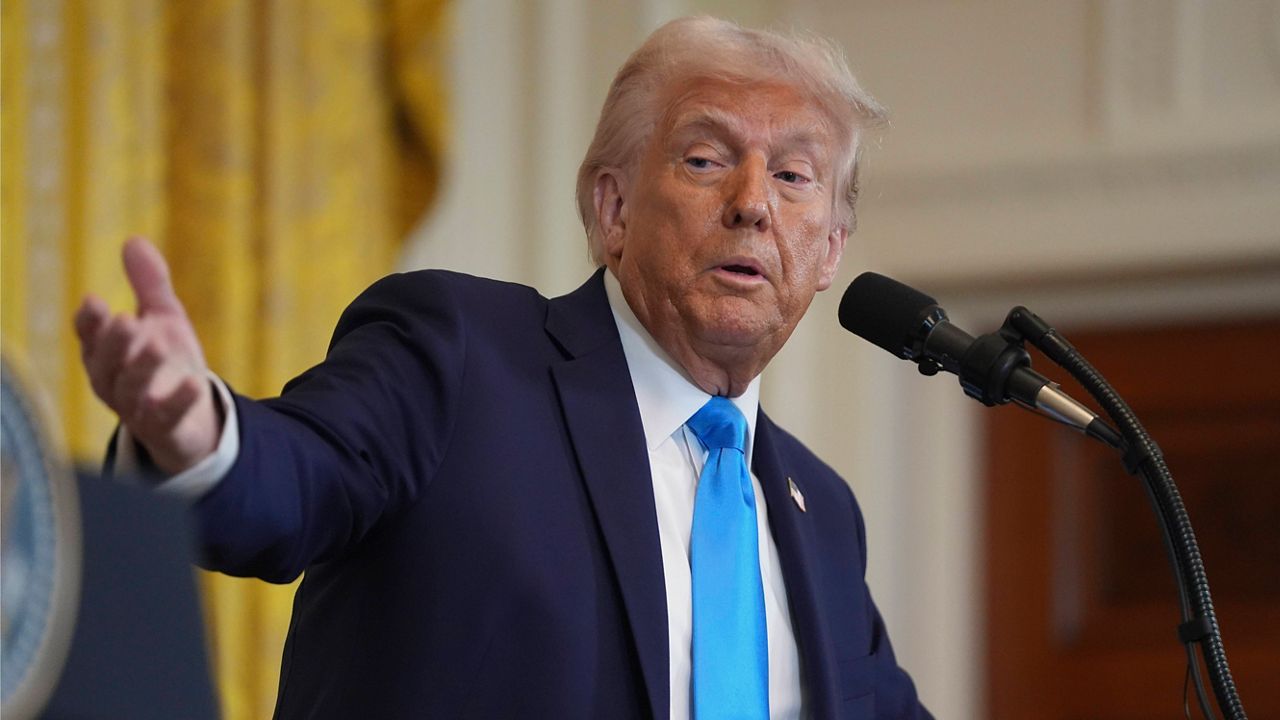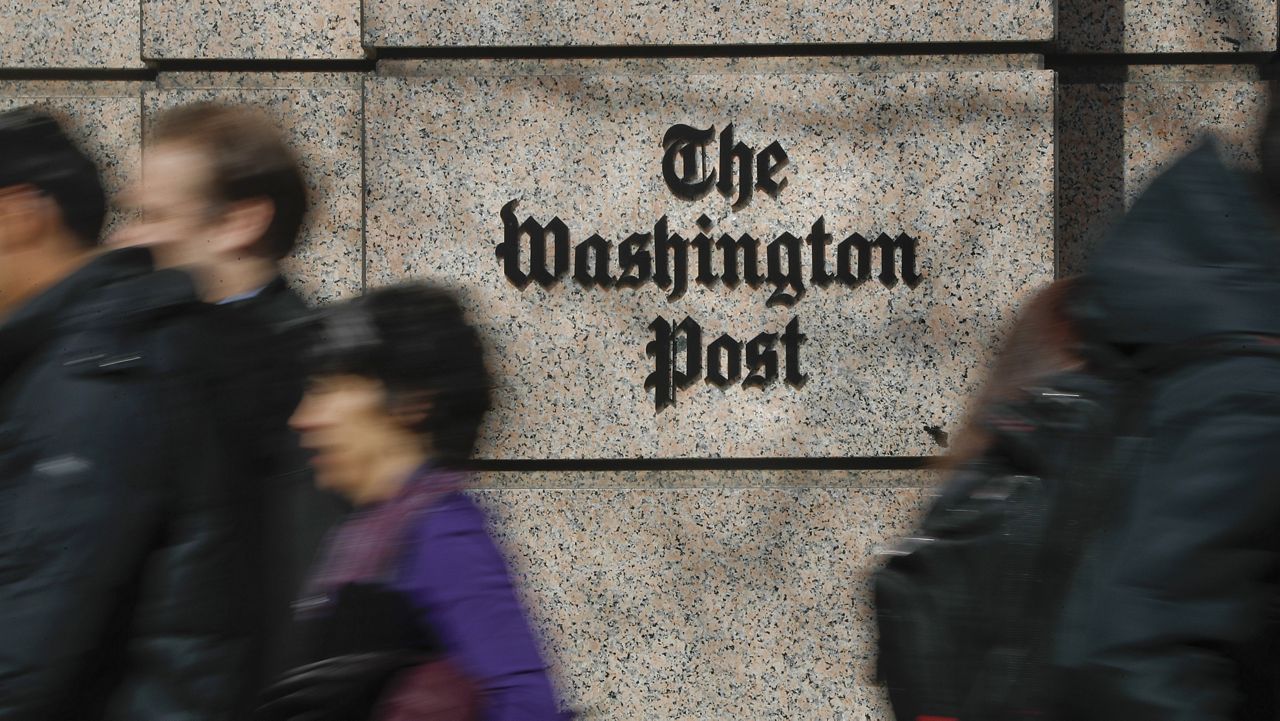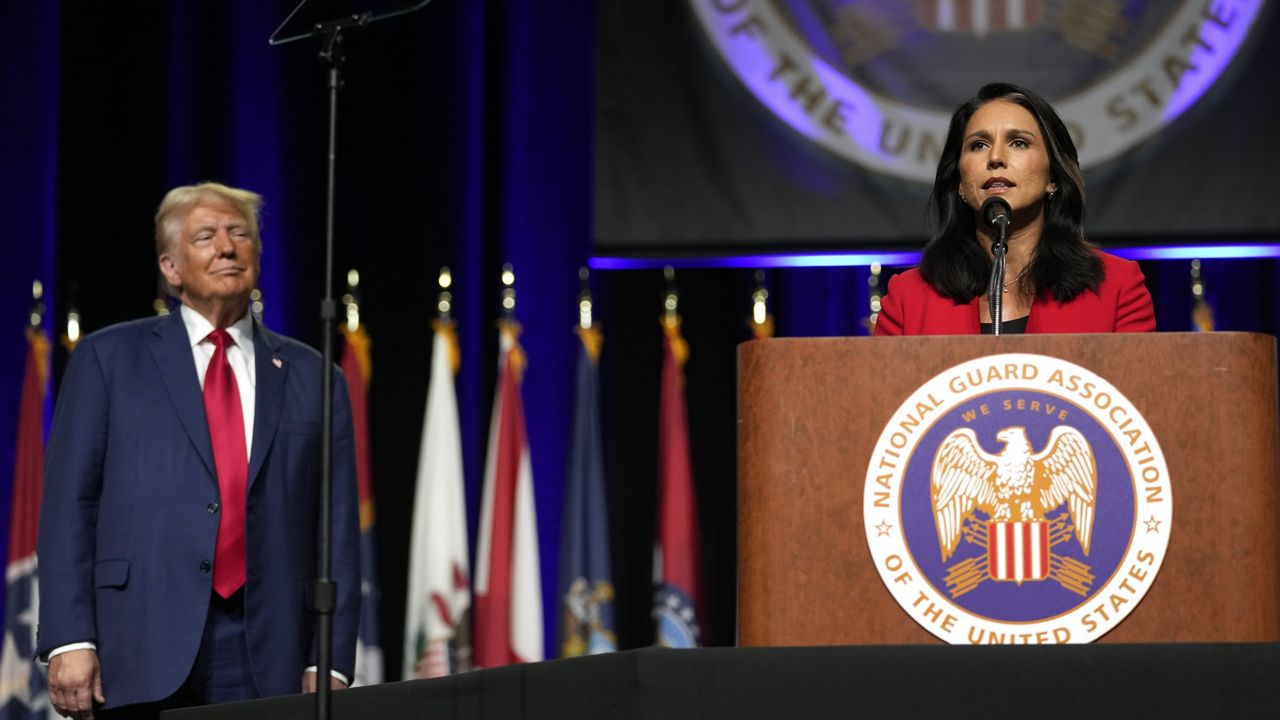Utah Sen. Mitt Romney announced Wednesday that he will not seek reelection next year, saying in a video posted to social media that "it's time for a new generation of leaders."
"I spent my last 25 years in public service of one kind or another," Romney, 76, said in the video. "At the end of another term, I'd be in my mid-80s. Frankly, it's time for a new generation of leaders. They're the ones that need to make the decisions that will shape the world they will be living in."
Romney also took swipes at both Donald Trump and Joe Biden in his announcement, calling them inadequate to take on the challenges the country faces and urging the next generation to bring the country forward.
"We face critical challenges: mounting national debt, climate change and the ambitious authoritarians of Russia and China," Romney said. "Neither President Biden nor former President Trump are leading their party to confront those issues on deficits and debt."
"Both men refuse to address entitlements, even though they know that this represents two thirds of federal spending. Donald Trump calls global warming a hoax, and President Biden offers feel-good solutions that make no difference to the global climate. On China, President Biden underinvests on the military and President Trump underinvests in our alliances.
"Political motivations to often impede the solutions that these challenges demand," Romney continued. "The next generation of leaders must take America to the next stage of global leadership."
Romney's announcement could be the end of his decadeslong political career, which began in 1994 in an unsuccessful U.S. Senate bid in Massachusetts against then-Sen. Ted Kennedy. He was later elected to serve as governor of Massachusetts in 2002 and was picked to be the Republican Party's presidential nominee in 2012, losing to incumbent President Barack Obama.
Romney, a wealthy former private equity executive born in Michigan, moved to Utah after his loss in the 2012 election and ran for Senate to replace retiring Sen. Orrin Hatch. He became the first Senator in U.S. history to vote to convict a president from his own party in an impeachment trial in 2020 during Trump's first impeachment; he was one of seven Republicans to do so at his second trial in 2021 after the Jan. 6 attack at the U.S. Capitol.
Romney was one of the most prominent Republican figures to denounce Trump early on, branding him as "a phony" and "a fraud" in a speech in 2016.
"His promises are as worthless as a degree from Trump University," Romney said at the time. "He's playing members of the American public for suckers: He gets a free ride to the White House, and all we get is a lousy hat."
Romney later famously had dinner with Trump after his 2016 election win amid speculation that he would be tapped to serve as secretary of state (the job later went to former Exxon Mobil CEO Rex Tillerson) and in 2018, he accepted the then-president's endorsement to run for Senate. But he ultimately became one of Trump's most outspoken critics.
His stance on Trump did not appear to impact his popularity in Utah, which boasts a large majority of members of The Church of Jesus Christ of Latter-day Saints; Romney was a leader in the church and the first Mormon to be a major party presidential candidate. A Deseret News/Hinckley Institute poll published last week found that 56% of Utah Republicans supported Romney, up from 40% in May.
Romney said that while he's not seeking office again next year, he's "not retiring from the fight," assuring Utah voters that he will continue to deliver for them in Congress.
"I'll be your United States senator until January of 2025," Romney said. "I will keep working on these and other issues, and I'll advance our state's numerous priorities. I look forward to working with you and with folks across our state and nation in that endeavor. It really is a profound honor to serve Utah and the country, and I thank you for giving me the opportunity to do so."








